Meet Maliheh Moradi | Iranian traditional singer & coach singing
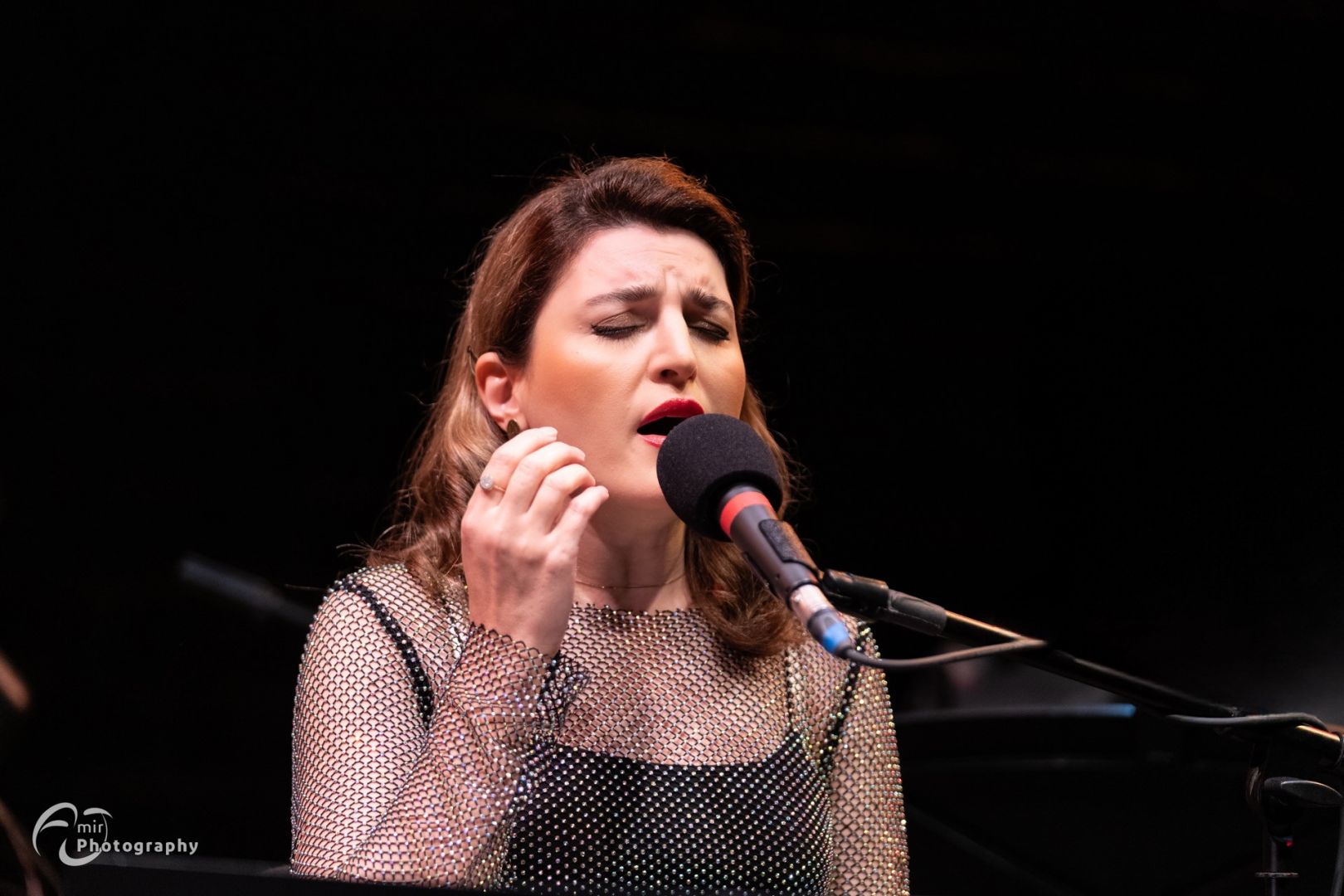
We had the good fortune of connecting with Maliheh Moradi and we’ve shared our conversation below.
Hi Maliheh, how do you think about risk?
Well, unfortunately, in my country, Iran, women don’t have the right to perform solo singing in front of the public, and their voices are prohibited. If you go against the law, you’re considered a criminal and might even end up in prison! Since the 1979 Iranian Revolution, the Islamic Republic government has been strongly opposed to music, dance, and especially women singing solo. Listening to music and hearing women sing individually has been deemed forbidden. I grew up, lived, and pursued my art in Iran under these circumstances, always facing stress and fear.
In Iran, we could only perform concerts for the public if there were three female singers and one male singer together, and none of the female voices should be heard more than the others. Otherwise, we could only have independent performances for women, which would eventually leave just a poster as a memory without any sound or image. From around the age of 17 to 21, I performed like this, facing various challenges to obtain concert permits and dealing with the issue of the hijab (Islamic dress code). Throughout all these 37 years of living in Iran, I continued learning music, teaching singing, and studying music and Persian literature. I moved forward in any way possible.
I could record and release musical tracks on social media, and I could perform solo concerts outside of Iran, but I didn’t have the right to interview with any foreign media about the ban on women singing and I was under strict control. Despite these difficulties, fueled by my love for art and singing, with effort and determination, supported by my family and some of my mentors, I persevered on this path full of obstacles and risks until now. However, due to pressures from the Iranian government and for my mental well-being, I had to immigrate to the United States ten months ago, so that I can step onto the stage without fear or anxiety and sing freely.
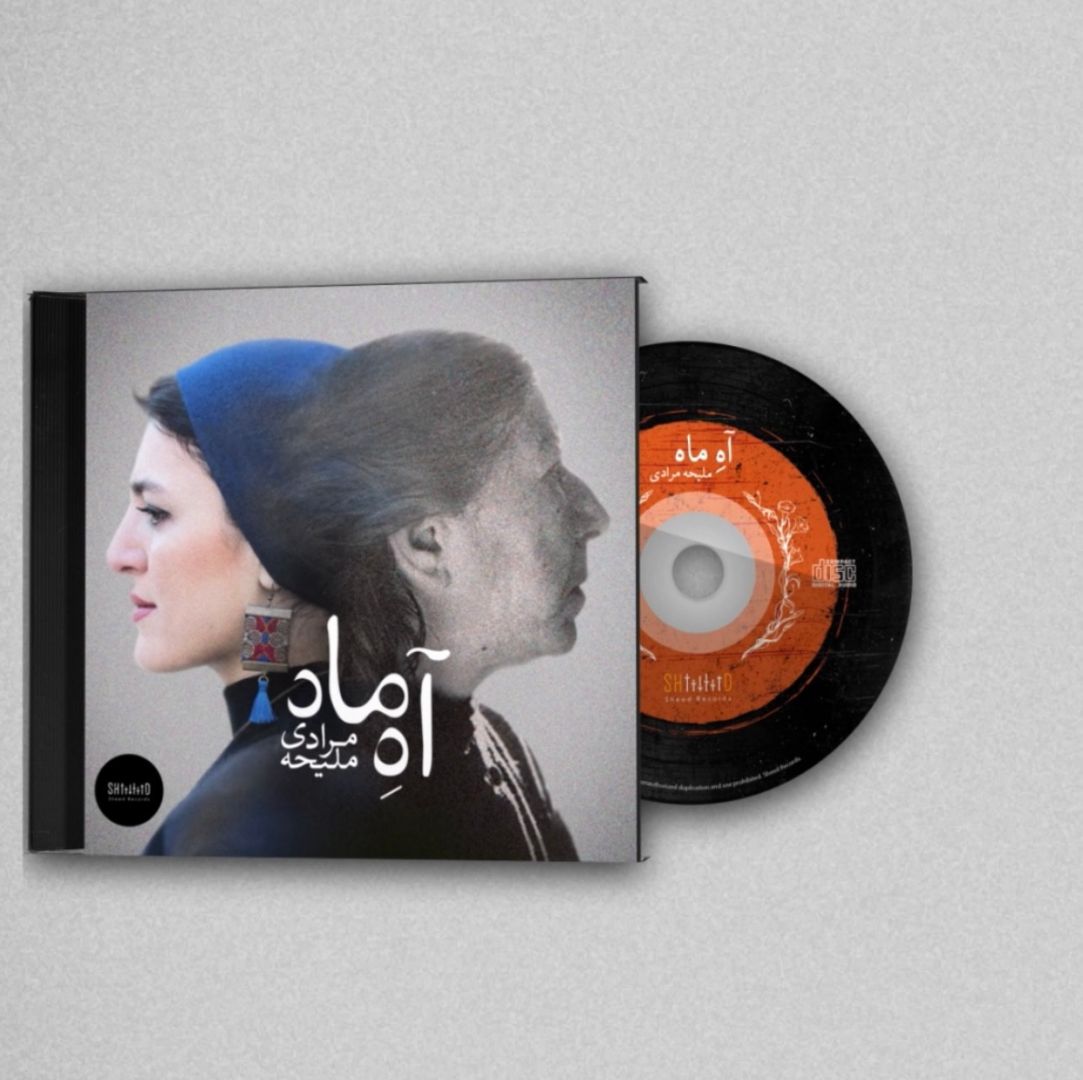

Can you open up a bit about your work and career? We’re big fans and we’d love for our community to learn more about your work.
I’m engaged in the field of traditional Iranian singing. I was born into an artistic family. My father is a ney player and also sings, so from childhood, I had a strong passion for singing and music. My dream was to step onto big stages and sing for large audiences while playing an instrument. From a young age, I started learning vocal techniques from my father, and later on, I had the honor of studying under renowned Iranian music masters like Parisa, Mohammad Reza Shajarian, Siamak Jahangiri, Hossein Alizadeh, Ali Asghar Shahzeydi , Mohammad Reza Lotfi, and learned the instruments setar and kamancheh from teachers Masoud shaari and Ardeshir Kamkar.
I officially started performing on stage around the age of 17 and worked with various groups in Iran. From the age of 23, I experienced performing concerts outside the country, where I could perform as a solo singer. I also participated in a few music albums and worked on two independent albums. One was titled “Moon’s Sigh,” released in 2021 by Sheed Records, and the other, “Our Sorrow,” is set to be released by “ARC Nexus” in May 2024.
Currently, I’m working on a project called “Voices Unveiled,” which I’ve been engaged in since February 2023. This project is being carried out as a tour in the United States, together with my dear friends Ehsan Motavari (composer, santur player, and group manager) and Mina Doris (vocalist)
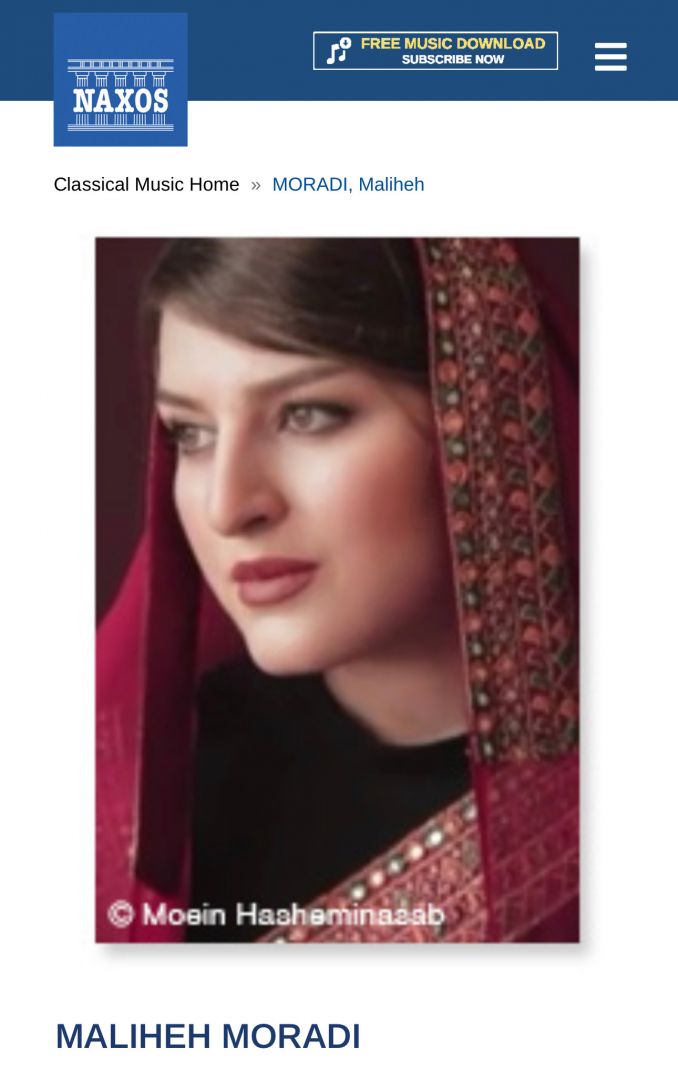
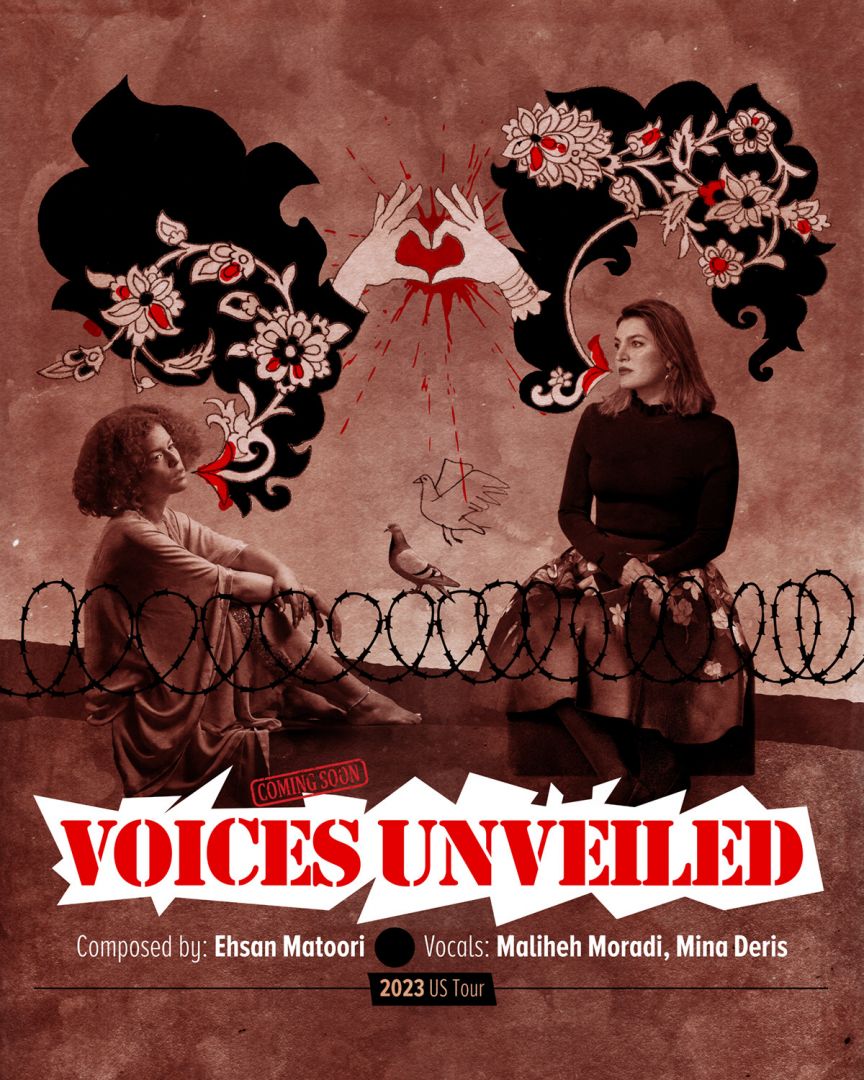
If you had a friend visiting you, what are some of the local spots you’d want to take them around to?
I was taking my friend to the bustling Grand Bazaar of Tehran, the capital of Iran, to let them experience this beautiful and captivating historical site. The Tehran Bazaar is considered one of the most important markets in Iran, often referred to as the heart of the country’s economy, as numerous economic activities take place here. It’s also among the most significant historical and architectural sites in Iran. This bazaar, located in the old district of Tehran, has its roots dating back to the Safavid era during the reign of Shah Tahmasb. Even “Thomas Herbert” describes the Tehran Bazaar in his travelogue in the year 1308 AH (lunar calendar), stating that during the Safavid rule, the bazaar was open-air. During the Qajar era, when Tehran became the capital, it expanded and developed, covering an area of about 105 hectares.
The bazaar encompasses everything within itself, from caravanserais, traditional tea houses, and multistory elegant arcades to both traditional and fast-food restaurants, pedestrian paths, horse-drawn carriages, and more. The architecture of the Grand Bazaar of Tehran doesn’t adhere to a specific style, as different parts have been constructed over various periods and eras. The Grand Bazaar is not only attractive for domestic tourists but also captivating for visitors from abroad. In 1977 , this bazaar was officially listed as a national heritage site in Iran.
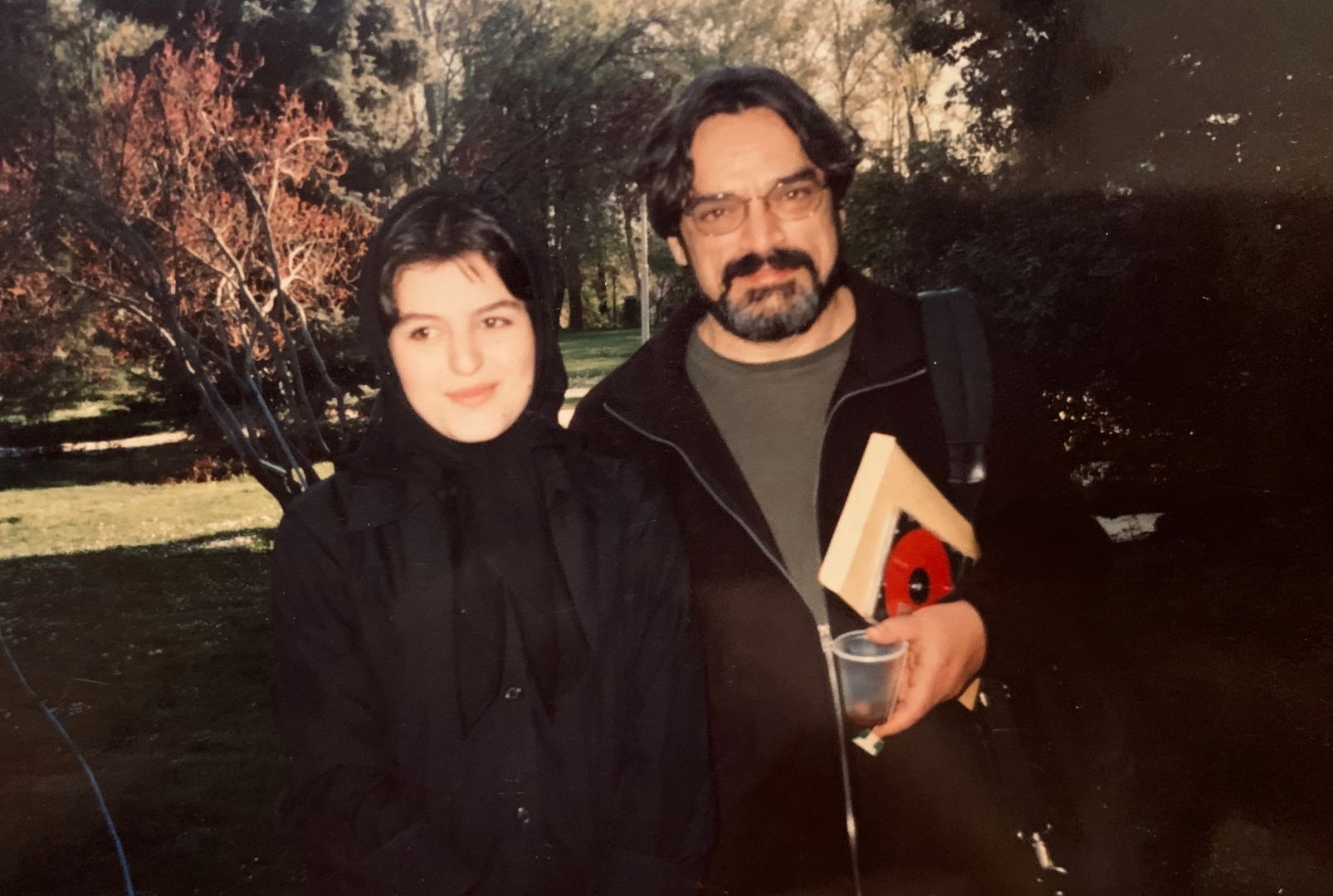
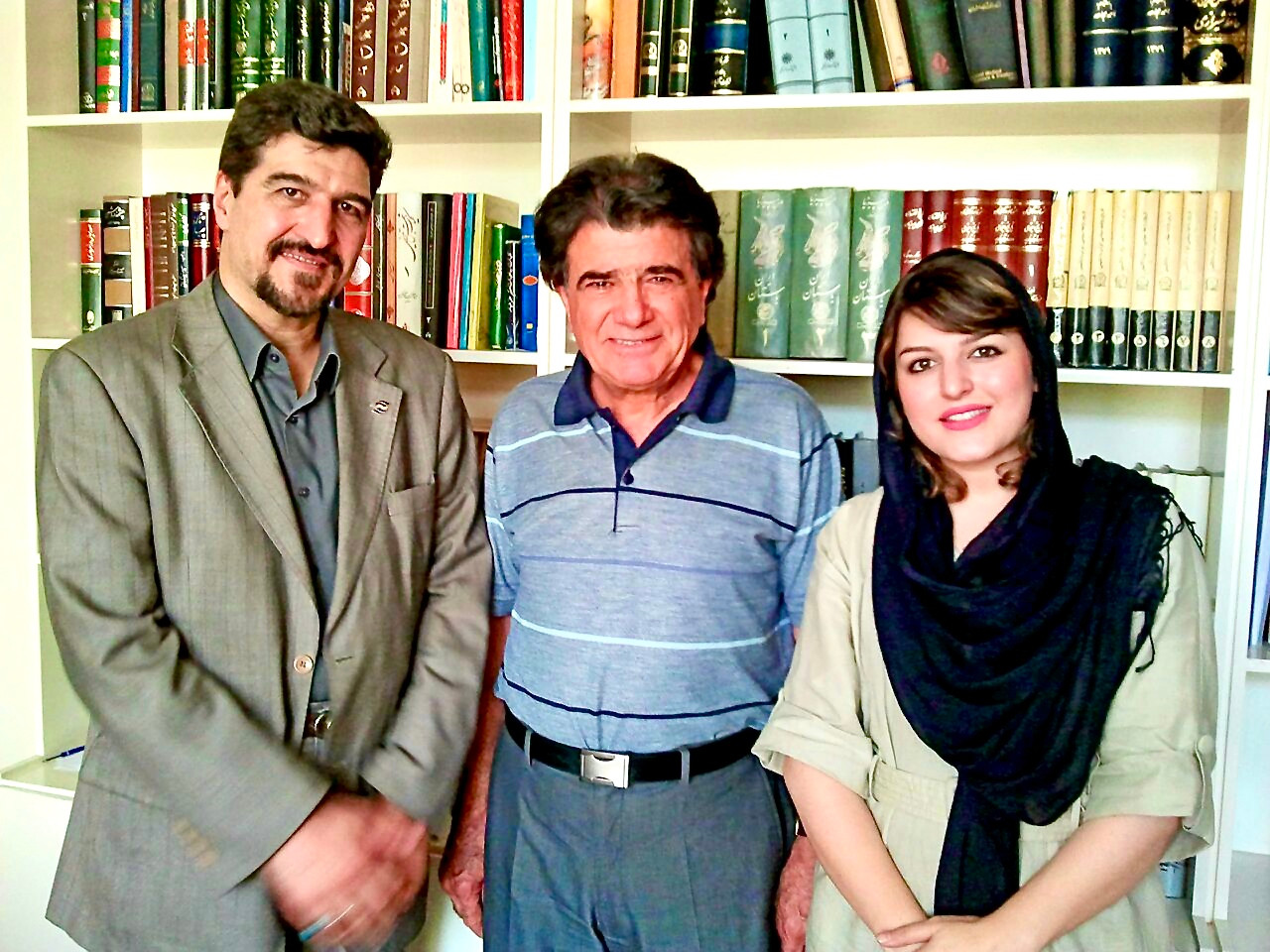
Shoutout is all about shouting out others who you feel deserve additional recognition and exposure. Who would you like to shoutout?
My father was the one from whom I first heard melodies and musical tunes, and it was him who sparked that feeling within me. From my childhood, he was my first motivator, teacher, and supporter. After him, Parisa and Sima Bina had influential roles in the image I had for myself as a singer in terms of tone, expression, musical performance, attire, stage presence, demeanor, and behavior.
In 2002, when I entered the music conservatory, my life’s path took a significant turn with my encounter with Maestro Siamak Jahangiri. During those years, collaborating with and learning from Maestro Hossein Alizadeh deepened my understanding of the content and performance of Iranian music. Additionally, my teacher Mohammad Reza Shajarian, who is not only my master of singing but also the master of life, ethics, courage, kindness, humanity, and relentless effort. He’s not just a singing teacher for me; he’s a teacher of life.
Another influential figure in my life is mis Qamar-ol-Moluk Vaziri a renowned Iranian vocalist who lived 120 years ago. I learned a lot from her vocal techniques to the unique demeanor and ethics she was known for. She was a woman who spent whatever income she made from her concerts to support the poor. She was also the first woman to perform on stage unveiled. She was incredibly bold, sang political and social pieces, supported women’s rights, and enlightened many.
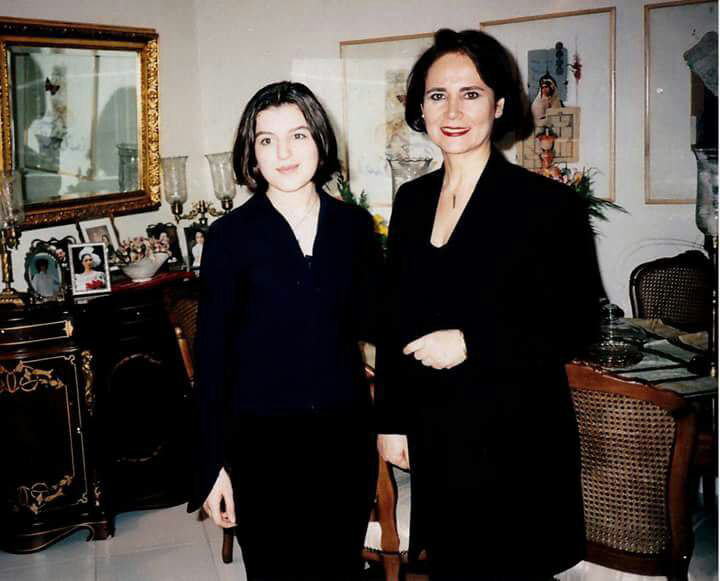
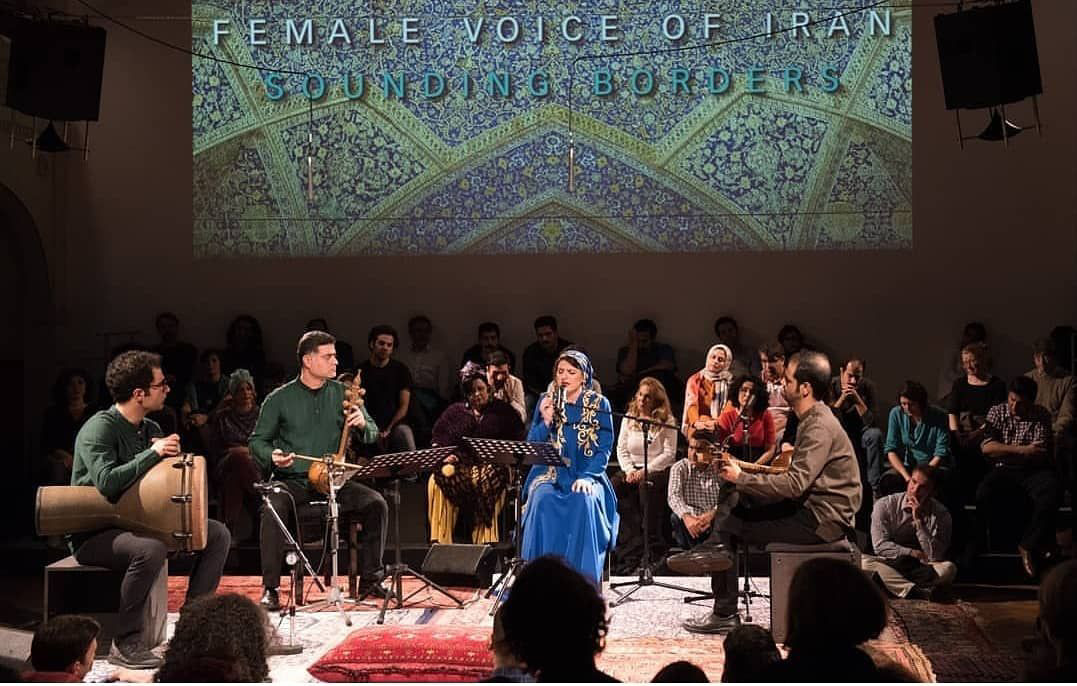
Website: https://malihehmoradi.com/
Instagram: Maliheh Moradihaghighi (@maliheh__moradi) • Instagram … https://www.instagram.com/maliheh__moradi/?hl=en
Linkedin: Maliheh Moradi – Los Angeles, California, United States – LinkedIn https://www.linkedin.com/in/maliheh-moradi-12b56116a
Twitter: Maliheh Moradi (@MalihehMoradi) / Twitter https://twitter.com/MalihehMoradi
Facebook: Maliheh Moradi | Facebook https://m.facebook.com/mhmm246/
Youtube: https://youtube.com/@malihehmoradi
Other: https://on.soundcloud.com/SggYwyHv6ziaknGQ9
Image Credits
1- My father And Mohammad Reza Shajarian (my Professor) 2- Hosein Alizadeh (Professor) 3- Album “ The Moon ‘s Sigh “ 6- Parisa (Professor) 7- Festival “ Female Voice of Iran” 8- Album “ Rumi “
